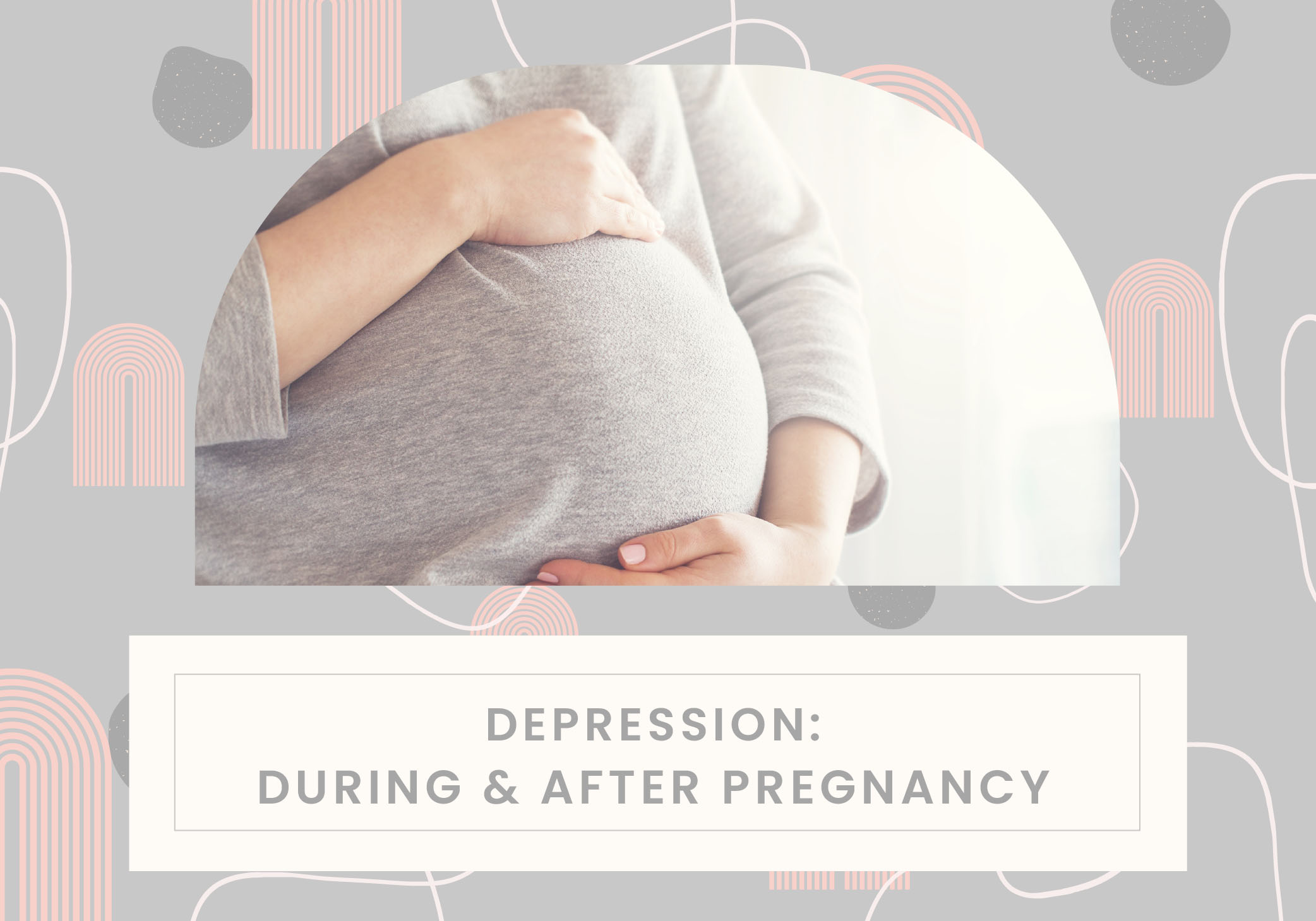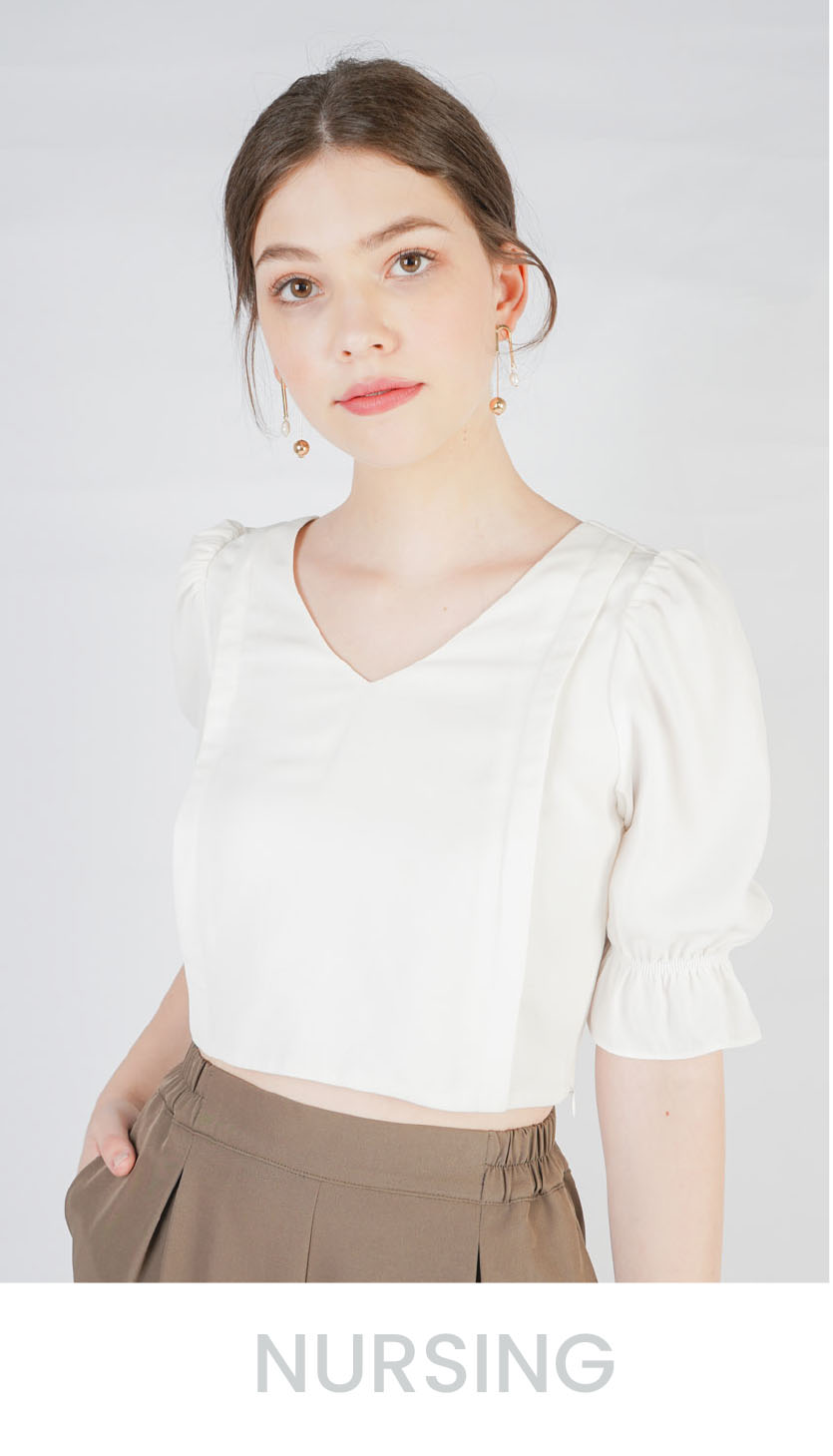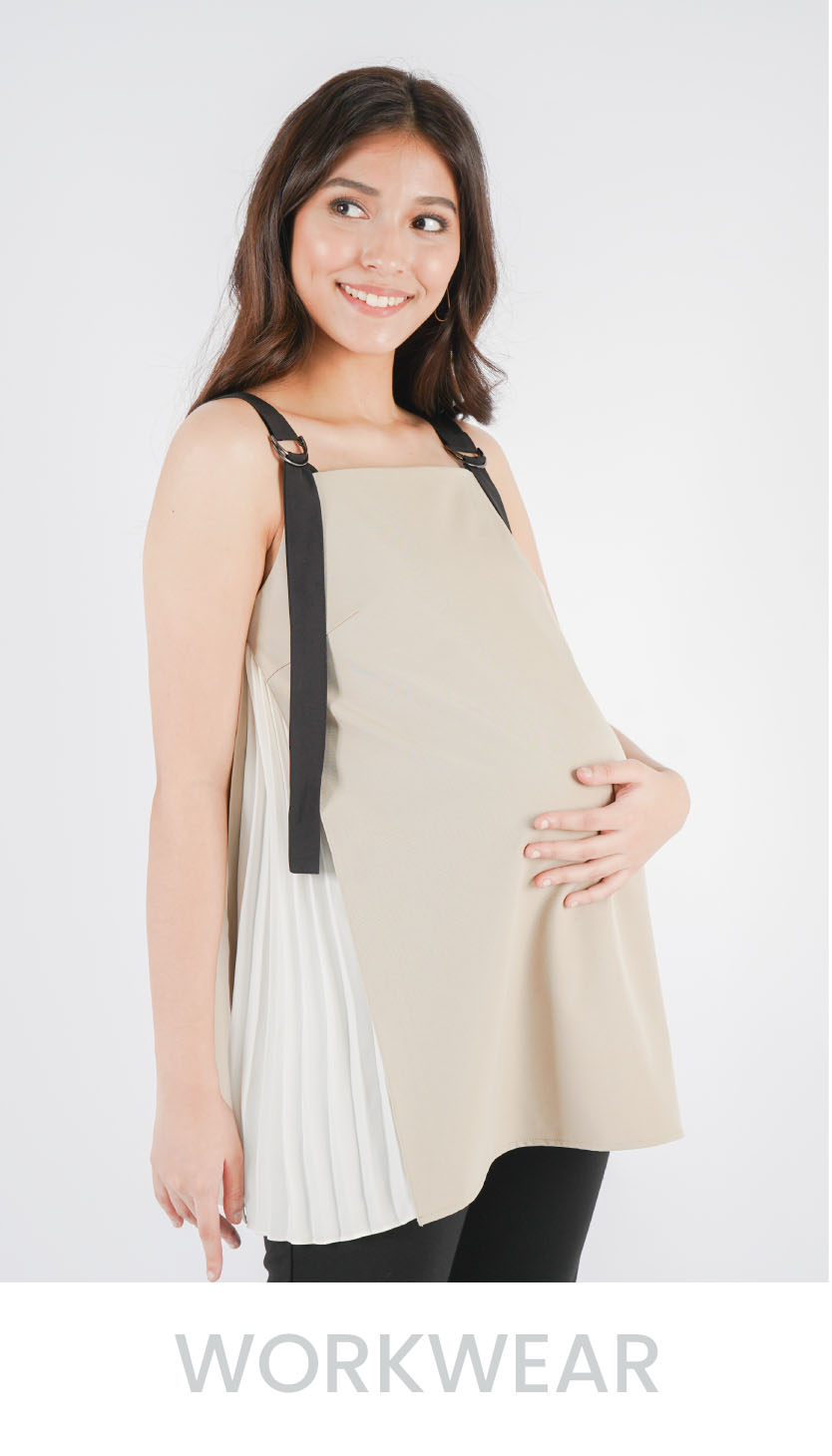
Depression: During and After Pregnancy
Most mothers will tell you that pregnancy is a wonderful experience since it is easily one of the most monumental moments in life, especially if you’re a first-time mum.
However, it’s not always as rosy as how they portray it. While pregnancy and motherhood are beautiful journeys to take on, it can also be challenging - and we want to highlight that so new mothers don’t feel the need to fall below an invincible benchmark of being a “perfect” mother.
The reality is that motherhood is not always a smooth-sailing journey, so some mothers may struggle with emotional ups and downs during or after their pregnancy. Though that is considered normal, it is important to pay extra attention to our mental and emotional health during these periods.
Here’s how you can identify if it’s just mild baby blues or something more severe that you are experiencing.
Perinatal depression
Perinatal depression refers to depression faced during a pregnancy.
Some people may not be aware of this occurrence as this term is less heard of compared to postpartum, but it holds just as much impact. In fact, studies show that it could even be more common. Among Singaporean women, about one in five are likely to have depressive symptoms that could cause an impairment in how they function.
While you can experience some symptoms of depression during a normal pregnancy, you don’t have to panic yet - you may simply be overwhelmed. You can overcome them by following these tips!
- Rest, rest, rest. Whether it’s by sleeping early or taking naps throughout the day, resting is vital in keeping your stress levels down.
- Know your limits. Don’t take up stressful amounts of work if you don’t know for sure whether you’ll be able to commit to them. Plan your tasks properly to avoid burnout!
- Let it out. Bottling up your feelings will only eat you alive, so talk it out with your spouse or family. This helps you keep your feelings in check!
- Pamper yourself. It can be a solo spa night or a girls’ day out - it’s up to you, but we know pamper days are completely essential for some relaxation.
- Exercise. We’re not talking about a complete workout, but it’s good to get your body moving. It not only helps you stay healthy, but also provides a distraction from your thoughts.
However, it may be more than just feeling overwhelmed if you start experiencing these symptoms:
- Fatigue
- Loss in appetite
- Frequent crying
- Unusual anxiety
- Excessive self-blame
- Feeling hopeless
- Feeling disconnected from your baby
Postpartum depression
Postpartum depression, on the other hand, refers to depression faced after a pregnancy.
For most, the birth of a baby can bring out a mix of emotions, but it usually brings joy and excitement. On the other extreme, it can also cause depression. Unfortunately, this is common as it happens to one in ten women who have recently delivered.
Some of the symptoms you might face during this period would be:
- Severe mood swings
- Difficulty bonding with your baby
- Unable to connect with loved ones
- Overwhelming fatigue
- Feelings of worthlessness
- Thoughts of harming yourself or your baby*
- Recurring thoughts of death*
*if you experience these, call 999 before it’s too late
Treatments
Thankfully, whether you’re facing perinatal or postpartum depression, it can be treated. For a start, a common treatment would be therapy. Reach out to a professional and let them know about what you’re feeling or thinking, so they can properly diagnose you. It also helps to let all your feelings out, so you don’t suffer all alone!
On a more social level, you could surround yourself with other mums. Though you may not be facing the same parenting issues, it’s always good to know that someone understands the situation you are in. It’ll definitely help you feel less isolated with a support group! Here’s a list you could check out:
- Mindful Mums: an organisation that provides psychological and emotional support
- Association of Women for Action and Research (AWARE): a society that provides emotional and counselling support for all women
- Stork’s Nest Singapore: a safe space for all mums to ask any baby-related questions
Whenever perinatal or postpartum depression happens, it’s easy to associate them with hormonal changes, especially when it’s your first pregnancy. However, if you happen to face any of these, seeking help will do you good before it takes a toll on your personal life.
Advice to new mothers
When it comes to matters like depression and being emotionally overwhelmed, we think that prevention is better than cure. Here are a few things we want you to know before you go on this greatest, most life changing journey.
- Your life is going to drastically change - the sooner you come to terms with that, the better you might be able to deal with those changes.
- You may take some time to connect with your newly arrived bundle of joy. That is normal and does NOT make you a bad mother.
- You are learning too, especially if you’re a first time mum. You might make mistakes and again, that is normal. Don’t be too hard on yourself, because the best kind of mum for any child is a happy one.
- You deserve love too. All the love and attention will be on your little one once it arrives, and it may cause you to feel left out or unloved. This doesn’t mean you’re a lousy mother. Your emotional health matters too, so don’t be afraid to talk to your partner about it.
- Take things one step at a time - you will overwhelm yourself if you try to get everything done at once. Cut yourself some slack, you don’t have to figure it all out at once. Being a mother requires you to learn how to choose your battles sometimes.
- You are your own standards. Every mum has a unique journey, so don’t let the experiences of other mummies bring you down! You may take longer to lose that pregnancy weight, but so what? You do you, always.
- Nothing is a given. Everyone talks about breastfeeding as if it’s the most natural thing to do, but some mothers are unable to nurse for their own reasons. For this, we want you to know that fed is best - doesn’t matter formula or breast milk.
- You may not feel like yourself for a while. Clothes no longer fit nicely. Pregnancy clothes are too frumpy for postpartum days but too small for pregnancy days. We get you. That’s why we started alexiz and focused on creating thoughtfully designed and transition friendly clothes.




